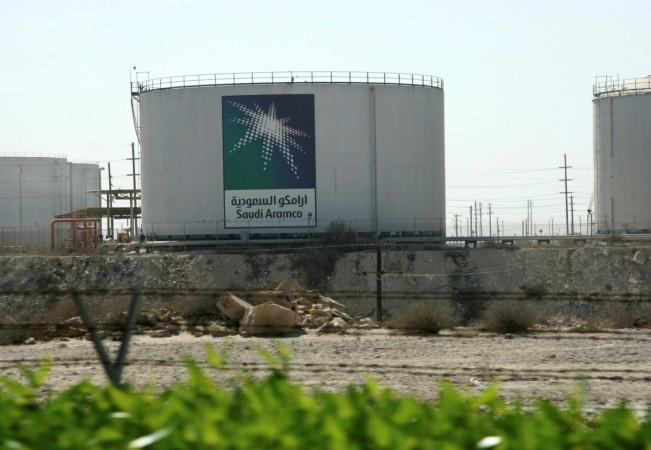
With a net income of $111 billion, Saudi Arabia's national oil company Saudi Aramco was the world's highest profitable company in 2018. It was way ahead of Apple Inc and Exxon Mobile Corp, according to rating agencies. Despite the state-owned petrochemical and natural gas company generating less cash per barrel than other oil companies and paying high income tax to the Saudi kingdom, Saudi Aramco has marched way ahead than many of the regional and foreign counterparts such as Abu Dhabi National Oil Company and Royal Dutch Shell.
The company earned $224 billion last year before tax, interest and depreciation, according to Fitch Ratings. Saudi Aramco also has acquisition plans as it is preparing to own 70 per cent stake in regional petrochemical group Sabic for $69 billion in 2019-20. The company will hold key meetings with global investors such as JP Morgan Co and Morgan Stanley to manage the debt offering.
"Saudi Aramco is the largest oil producer globally by volume. In 2018, its liquids production and its total hydrocarbon production averaged 11.6 million and 13.6 million barrels of oil equivalent per day, respectively, well ahead of the upstream output of global and regional integrated producers such as ADNOC, Shell, Total and BP," Fitch Ratings said in an official statement.
Saudi Aramco is a staple for MBS's ambitious business plans
The burden of providing continuous cash flow to the Saudi kingdom's defence and social expenditures lies heavily on Saudi Aramco. Around 20 per cent of its revenue is also estimated to be spent on the lavish lifestyles enjoyed by the royal family members, Bloomberg reported.

The Moody's investors said that Aramco reported cash flows from operations $121 billion and $35.1 billion in capital spending and paid $58.2 billion in dividends to the Saudi government last year. The credit rating agencies say that if not for heavy burden of state exchequer on Saudi Aramco, it would have been able to even achieve a higher credit rating. The Fitch gave A+ rating to the Aramco reflecting "strong links" between the government and company and the state's control over it through taxation, production and dividends.
"We can expect a gradual fiscal deficit in Saudi Arabia over time due to the low oil price environment that could also change Aramco's fiscal gains. But you can't dissociate the sovereign government from Aramco provided the close relationship and contribution the national oil company makes to Saudi's economy," Neil Beveridge, an energy analyst with Sanford C. Bernstein & Co. in Hong Kong, told Bloomberg.
"

















